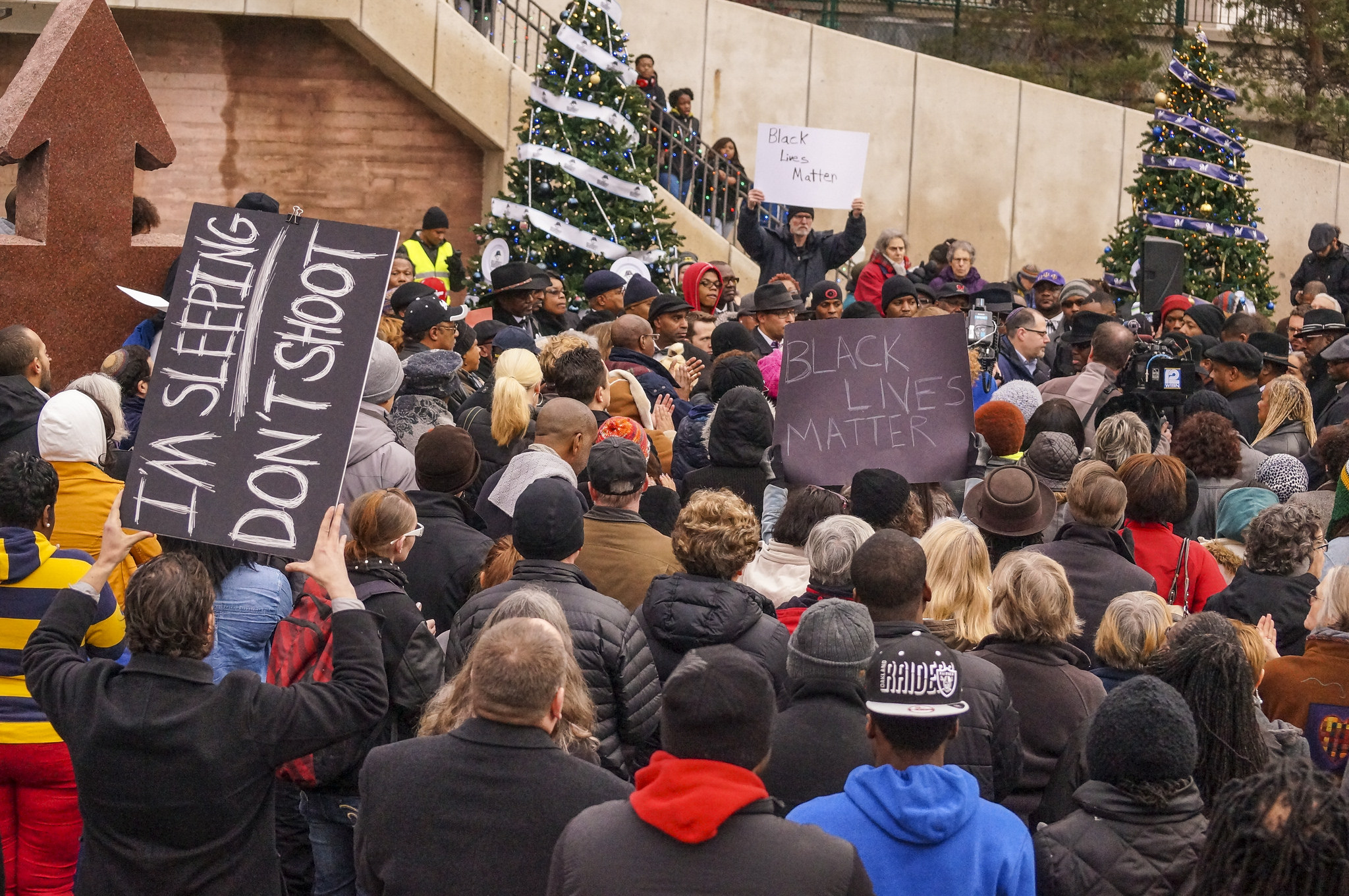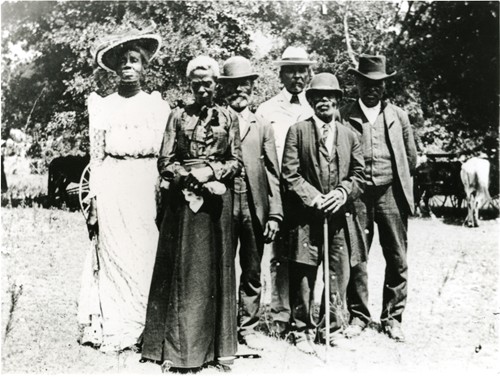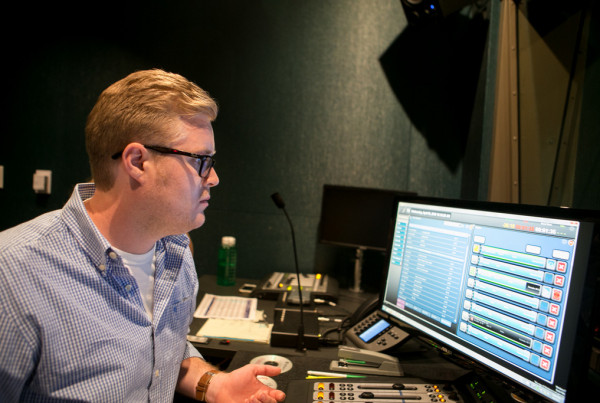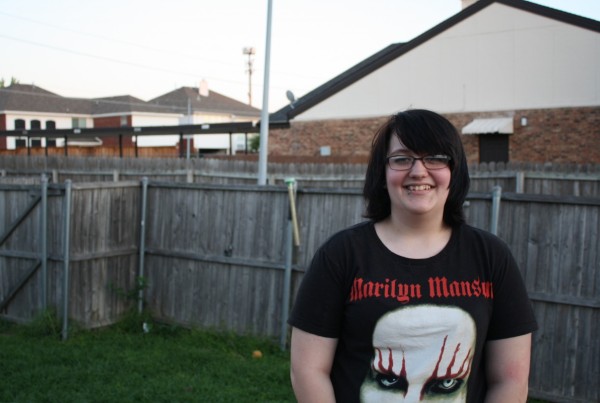America is at the proverbial crossroads. We’re trapped by racism and poverty, and a town called Charleston, Baltimore, or Ferguson.
Down one of the pathways is the future. Powered by one of the most diverse and tech-savvy populations in the world, our beloved, conflicted country has what it takes to solve the world’s problems. It won’t be easy, but you can’t tell me we lack the vision and creative talent needed to end problems like police brutality and poverty—all while building an equitable and just society.
There is another path, however, that we’ve been enticed to stay on for quite some time.
Racism, sexism, and structural inequality are so familiar to us that it’s almost hard not to stay the current course. Our past, and all of its ugliness, just keeps lingering and pushing us to repeat the mistakes of previous generations. In this country, the fact that more black men are incarcerated or on probation or parole in 2015 than were enslaved in 1850 isn’t futuristic at all. It’s quite backward. Period. But here we are: watching the events unravel in Charleston as if it’s 1967, and everything is in black and white.
We must pick the first path, we have no choice. But to move on down that road, we are going to need a serious intervention, and we need it now. The weight of the 20th century is holding us back.
Good thing our generation hasn’t stopped dreaming. Besides the technological miracles that assist our struggle, we have also developed emotional intelligence that helps us challenge the traditional boundaries of identity politics. Even in Ferguson, I’ve seen 50-year-old white people chanting, “Black lives matter!,” in front of riot police.
Although many of us live in segregated communities, technology has brought us together in previously unimaginable ways. Some people are never going to get it, and for them it’s to the hinterland, as America’s growing diversity will rapidly alter the face of the country over the next two to three decades.
We don’t need absolute unity, but if we’re going to get to the future, our movement is going to have to get better at getting on the same page. The New Jim Crow, along with its many tentacles, like voter suppression, and poverty, will not be easily beaten. Swarm organizing has helped us shine a spotlight on the continued systematic oppression that plagues this country. But if we are going to have the courage to walk down a more just path, we’re going to have to have enough focus to shut down corrupt institutions and end bad policies that have been kicking our ass for the last 30 years.
Getting to that better future won’t be easy, but I think we’re ready to take a step. We just have to be brave enough to do it. If we step boldly, with a willingness to abandon broken systems and blow up racism and poverty, we can do it. If not, we will be forever trapped in the past.
Based in Milwaukee, Dr. Robert “Biko” Baker is an academic and activist working at the intersection of culture, technology, and politics.

















